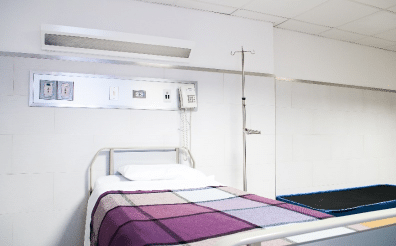
Atrial Fibrillation Testing
There are several different methods to test for AFib. These methods may include an electrocardiogram, heart monitors, or echocardiograms. These tests will help your doctor plan your treatment.
Learn MoreCardiac Catheterization
During cardiac catheterization, a catheter (a thin flexible tube) in inserted into a small incision and guided to your heart. Your doctor can use the catheter to take pictures and conduct tests inside the heart.
Learn MoreCatheter Ablation
In a catheter ablation procedure, a catheter is guided to the heart through a blood vessel. The catheter delivers energy to destroy cells within the heart that send abnormal signals. Your doctor may recommend you ...
Learn MoreElectrical Cardioversion
Electrical Cardioversion is a procedure that reduces AFib symptoms. You may be recommended an EC if medications don't adequately reduce your AFib symptoms.
Learn MoreElectrocardiogram
An electrocardiogram, called an EKG or ECG, is a quick and painless test that records your heart's electrical activity to check for signs of heart disease. A technician attaches multiple ...
Learn MoreElectrophysiology Study
During an electrophysiology (EP) study, your doctor and his or her accompanying medical assistance team will insert small wires called electrode catheters into the heart through a blood vessel.
Learn MoreHeart Structure Test
Heart structure tests can measure heart chamber pressures and take x-ray pictures of the left ventricle to diagnose valve disease and other heart problems. The information gathered from heart ...
Learn MoreStress Tests
Stress tests are commonly used to test for Atrial Fibrillation. Stress tests demonstrate to doctors whether or not the blood flow to your heart is normal during exercise. Most forms of stress ...
Learn MoreWatchman Implant Procedure
A Watchman Implant is a small device placed in the heart to reduce the risk of stroke in patients with non-valvular atrial fibrillation (AFib). AFib patients ...
Learn MoreOur purpose is rooted in serving our Lilburn,
GA community through first-class services
for everyone.






Frequently Asked Questions























